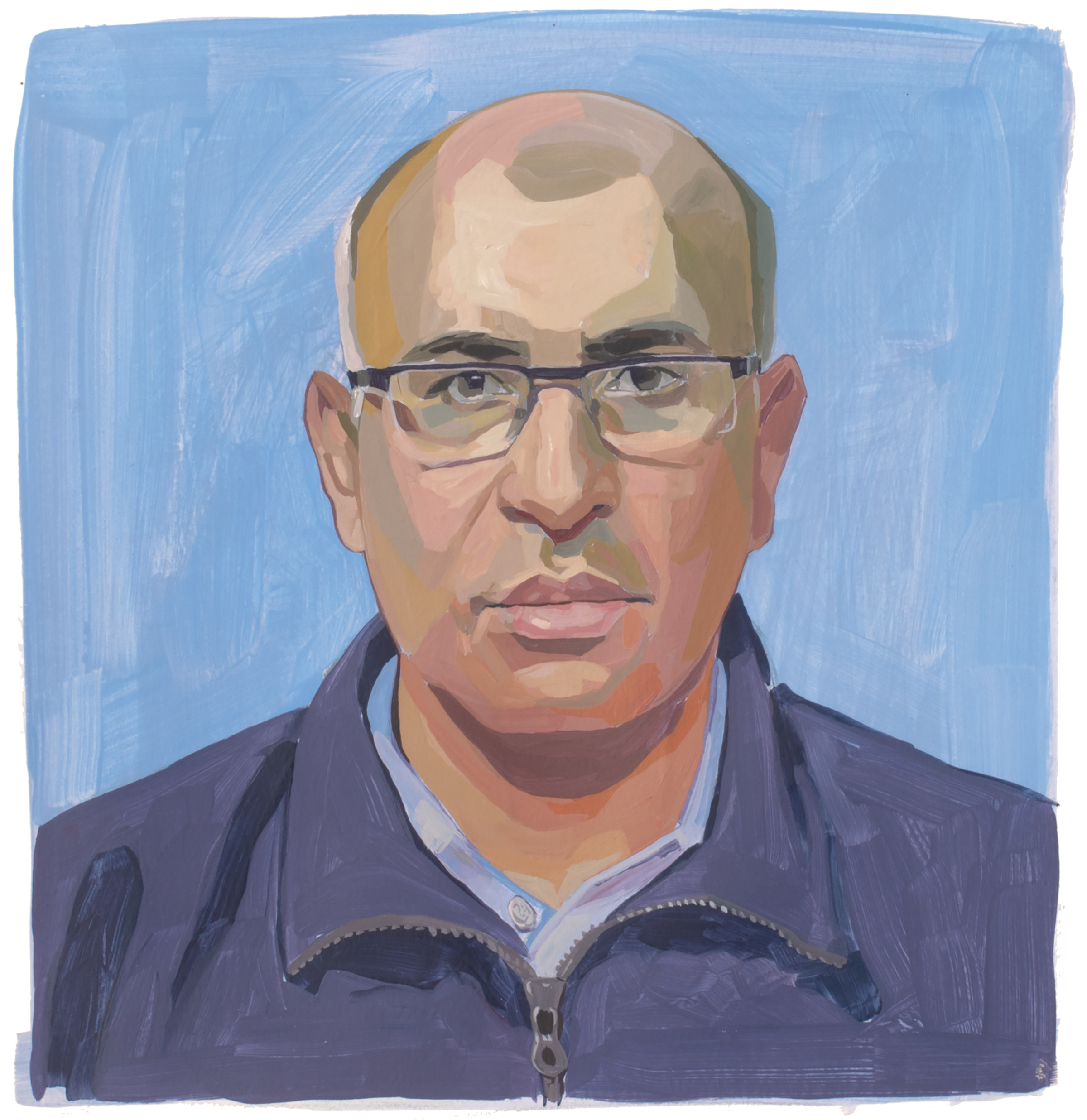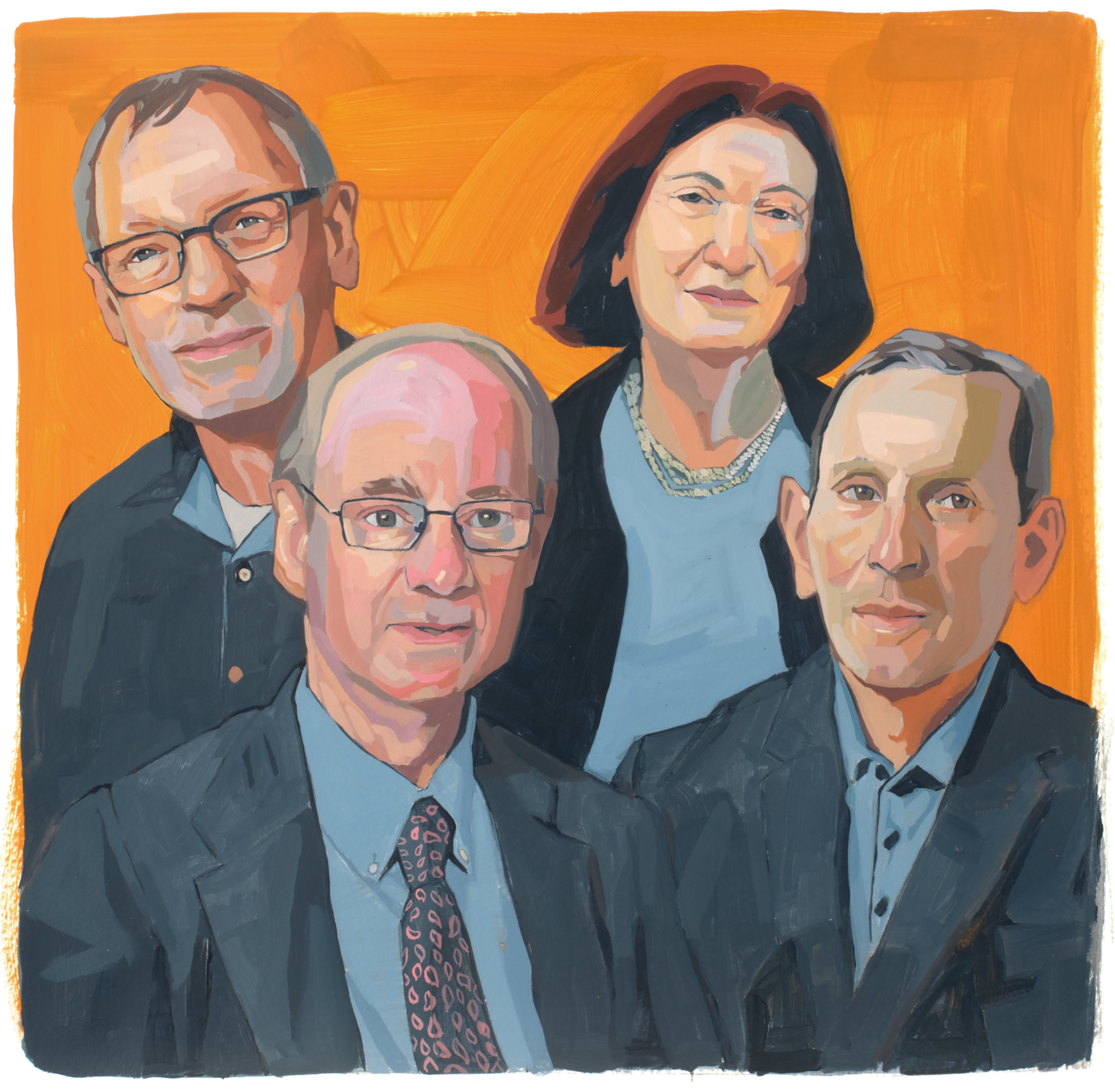As a graduate student at the Indian Institute of Technology, Alka Dwivedi noticed that the number of cancer patients had begun increasing at an alarming rate every year. In 2023 alone, there were nearly 1.6 million new diagnoses, according to the World Health Organization. But the few available treatments were not affordable for the majority of Indian patients who come from low- and middle-income families. For example, CAR T-cell therapy—immunotherapy in which T cells are modified to selectively attack cancer cells—originated in the U.S. and is now being tested in Indian clinical trials as a promising treatment for blood cancers like leukemia and lymphoma. But it can cost as much as 3 or 4 crores—nearly $50,000—in India. After years of looking for ways to ease the cancer burden, Dwivedi and her team may have finally found the answer: NexCar19. Like CAR T, the treatment reprograms a patient’s immune system to fight cancer and was recently approved for commercial use by the Central Drugs Standard Control Organization. Unlike CAR T, it is produced in India, lowering the cost to about one-tenth that of CAR T therapy. Although it can be used only for blood cancers in patients over the age of 15 for now, NexCar19 could save millions of lives in the world’s most populous country. “This is a big achievement for India,” Dwivedi told the Maryland-based National Cancer Institute, where she is now continuing to train at the Center for Cancer Research. “It’s the team effort that brought us here.”
More Must-Reads from TIME
- Cybersecurity Experts Are Sounding the Alarm on DOGE
- Meet the 2025 Women of the Year
- The Harsh Truth About Disability Inclusion
- Why Do More Young Adults Have Cancer?
- Colman Domingo Leads With Radical Love
- How to Get Better at Doing Things Alone
- Michelle Zauner Stares Down the Darkness
Write to Astha Rajvanshi at astha.rajvanshi@time.com





